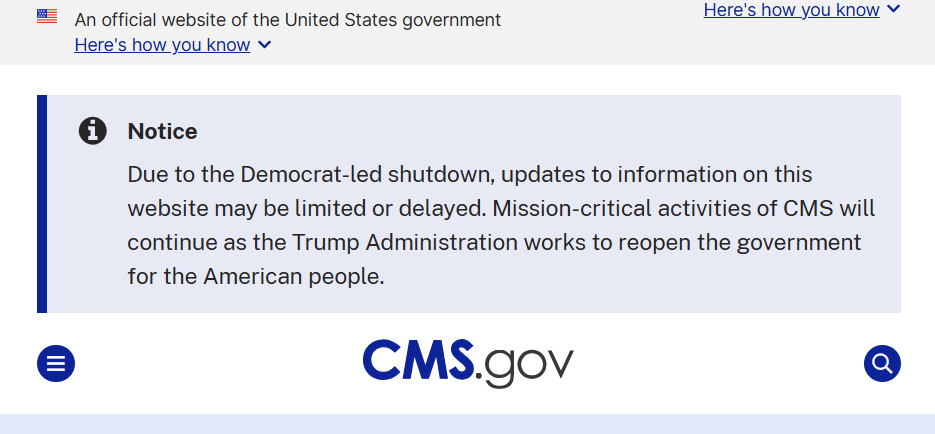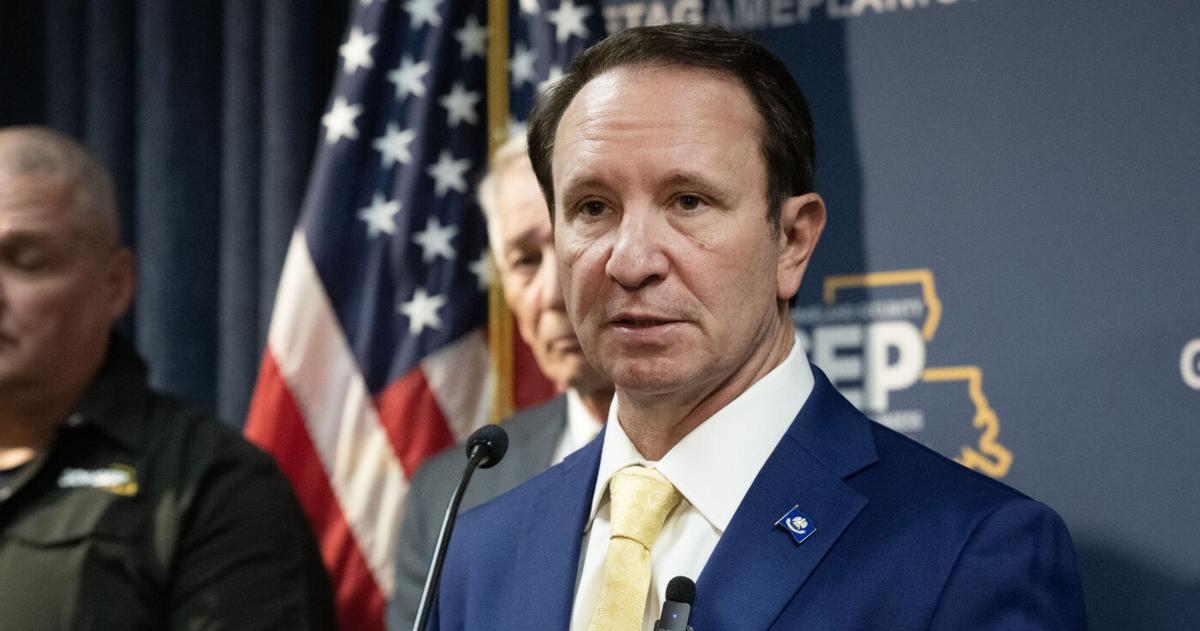Gov. Bobby Jindal proposed a bill that would create a $40 million dollar incentive fund to help graduates gain skills for high-demand fields.
The bill would set up the Workforce and Innovation for a stronger Economy Fund, called the WISE Fund. It would direct money into schools’ science, technology and research programs.
It’s a part of a funding increase of $141.5 million dollars announced by Jindal for the next fiscal year for colleges and universities.
Unfortunately for students and parents, around two-thirds of that increase – around $90 million- come from tuition increases, per nola.com.
Joshua Stockley, professor of political science, likes that Louisiana legislature is actually providing universities with an opportunity for additional funding for a change.
In the previous years, colleges and universities have watched the Louisiana legislature cut $700 million from higher education, according to Stockley.
“This $40 million will not come close to replacing lost revenue, but it is a step in the right direction,” Stockley said.
Gov. Jindal said that since 2008, economic development has created “more than 80,000 new jobs” and that there are “tens of thousands of jobs” that must be filled.
“Our next challenge is to ensure we have the skilled workforce to fill these jobs of the future…we must do a better job training skilled workers that will be needed to fill the demand for jobs,” Gov. Jindal said.
The WISE fund doesn’t guarantee the universities money.
First, schools must partner with a private business and get a 20 percent funding match, such as technology or cash.
It also requires state research institutions to produce nationally recognized commercial research and state colleges and universities that produce graduates with four and five STAR job ready degrees.
STAR stands for science, technology and research.
These degrees prepare students for jobs in petrochemical, engineering and manufacturing, which occupational forecasting finds to be the most employable and most in demand, per Louisiana.gov.
Stockley said he has reservations that the funding must be used in “high-demand fields.”
Stockley said: “We should be allowed to partner with any demand field. We should be allowed to match funds with any entity willing to invest in and work with colleges and universities.”
While many university presidents expressed joy over the plan, which they helped make, James Boyte doesn’t take this as Jindal caring about higher education.
“From what I can gather of this, it’s Jindal giving private interest priority over the well being of higher education, which he has little regard for,” said Boyte, a junior communications major.
Under Jindal, state funds for Louisiana’s public colleges and universities have been cut over 80 percent per the Advocate. Tuition has continually rose under Jindal to neutralize his budget cuts.
The bill already passed through House last Wednesday with a 100-0 vote. It now awaits the Senate’s vote.
Stockley isn’t confident that it will pass through the Senate because the budget relies upon one-time funds.
Stockley believes that the legislature is increasingly reluctant to use the budget because these one-time funds are being drawn down to a zero balance and does nothing to solidify long term financial stability of the State.
“While the legislature is likely to avoid cutting higher education, it remains to be seen if they will increase funding top higher education,” Stockley said.
President Nick Bruno believes the bill should pass because “it will allow us to increase the number of students enrolled in high demand jobs by providing incentives for students and recruiting faculty.”











